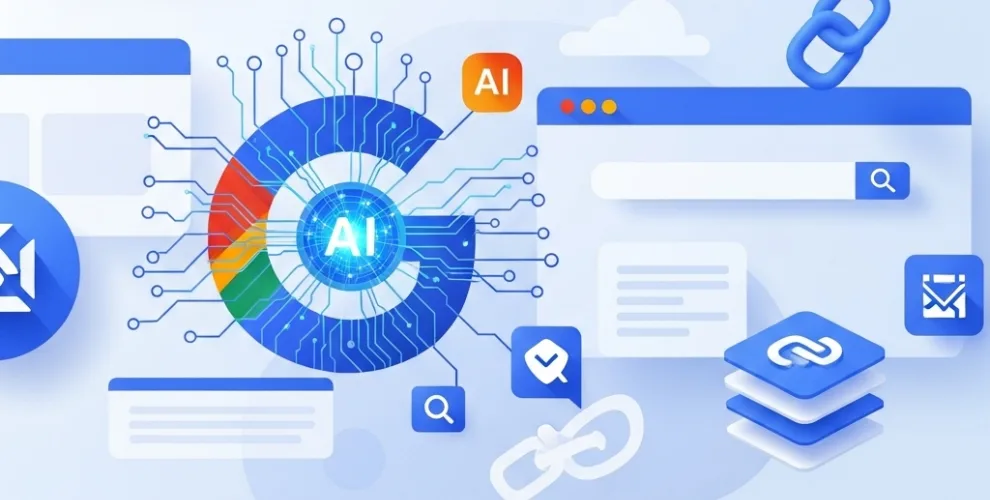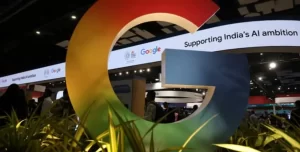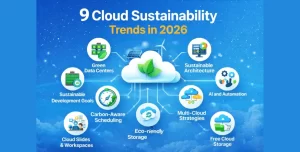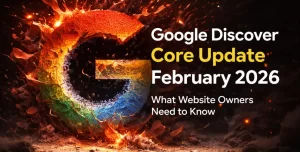
A Breakdown of Google’s New Helpful Content Update 2025
Table of Contents
Introduction
Welcome to Wikiglitz!
Google continuously evolves its search algorithms to deliver the most relevant, trustworthy, and user-focused content.
One of the most impactful updates in recent times is the Helpful Content Update 2025, which marks a major shift in how content is evaluated and ranked.
This update is designed to prioritize content created for real users, not just to game the search system.
It rewards websites that provide original, experience-based insights while minimizing visibility for pages filled with generic, recycled, or low-value AI-generated content.
At WikiGlitz, we recognize the importance of adapting to this change. As digital marketers, bloggers, and content creators, it’s a reminder to focus on authenticity, expertise, and audience-first strategies.
The Helpful Content Update is not just a tweak—it’s a call to raise the standard of online information.
What is Google’s Helpful Content Update?
The Helpful Content Update is part of Google’s ongoing efforts to reward content that provides genuine value to readers.
It targets websites that publish unoriginal, auto-generated, or purely SEO-optimized content without offering real information or useful insights.
The update uses advanced machine learning models to evaluate content quality and determine whether a piece was written to genuinely assist users or simply to rank well in search results.
With Google’s Helpful Content system, sites offering helpful, experience-based, and original content will enjoy better visibility, while those relying on manipulative tactics face ranking penalties.
Key Changes in the 2025 Update
1. Emphasis on First-Hand Experience
Google now places more weight on content written by people with real-life experience.
Whether it’s a product review, health advice, or a travel guide, content that reflects personal insights or verified knowledge ranks higher.
This supports the E-E-A-T model – Experience, Expertise, Authoritativeness, and Trustworthiness.
2. Advanced AI Detection of Low-Value Content
With the 2025 update, Google is now far better equipped to detect content that is:
- Overly optimized with keywords
- Written solely for SEO purposes
- Relying too much on AI without offering unique insights or meaningful depth
- Clickbait in nature
If your content doesn’t serve the reader, it may no longer appear in top search results.
3. Site-Wide Ranking Penalties
Previously, low-quality content might have affected just one page. Now, if your site contains a large amount of unhelpful content, the whole domain could be penalized. This change encourages website owners to audit their full content library for quality.
How the Helpful Content System Works
The Helpful Content system operates continuously, using machine learning models to evaluate both new and existing content.
It identifies signals indicating whether content genuinely benefits users or was created primarily for ranking purposes.
These signals, combined with other ranking systems, help Google ensure the most helpful and relevant results appear first in search listings.
Importantly, no manual actions or penalties are issued — the algorithm autonomously adjusts rankings based on content quality signals.
Content Creation Tips to Meet Google’s Helpful Content Standards
Write for People, Not Search Engines
Focus on addressing readers’ genuine questions, concerns, and interests. Create content that offers clear, actionable, and unique information.
Focus on natural language and meaningful structure instead of keyword-heavy, SEO-driven layouts.
Showcase Author Expertise
Google now values content that openly attributes expertise. Adding detailed author bios, relevant credentials, and personal experiences boosts both user trust and search visibility.
For industries like health, finance, and legal, this is especially vital.
Update and Refresh Content Regularly
Content freshness has always mattered, but with the 2025 update, outdated information can damage your site’s helpfulness score.
Regularly update your articles, replacing old stats, revising facts, and removing obsolete sections.
How This Update Impacts SEO Strategies in 2025
Google’s Helpful Content Update 2025 signifies a clear move away from technical SEO hacks and toward authentic, people-centered content marketing.
Brands relying solely on AI content generation, keyword stuffing, or recycled articles may see traffic declines.
SEO strategies now require producing comprehensive, experience-driven blog posts, case studies, video guides, and reviews that genuinely assist audiences.
Detailed, authoritative articles with original insights are set to succeed.
Tools and Resources to Audit Your Content
Use the following tools to ensure your content meets Google’s quality standards:
- Google Search Console: Track performance and identify drops after updates.
- Surfer SEO / Clearscope: Analyze content quality and relevance.
- Screaming Frog: Crawl your site to identify weak, thin, or duplicate pages and optimize your site structure for better SEO performance.
- Ahrefs / SEMrush: Evaluate keyword health, backlinks, and competitor strategies.
Real-World Examples:
Industries like travel, tech reviews, and wellness blogs led by real practitioners have seen notable ranking improvements.
For instance, a personal finance blog featuring CPA-certified authors outperformed AI-generated alternatives.
In contrast, websites using low-value content and misleading headlines have suffered notable ranking losses.
These examples highlight the growing importance of credibility and genuine value in search rankings under Google’s new Helpful Content system.
Future Predictions: What to Expect Next
As Google continues refining its algorithms, expect:
- More integration of AI to assess emotional and experiential tone in content.
- Increasing importance of multimedia content (e.g., helpful videos, graphics).
- As voice search usage rises, tailoring content for spoken, question-based queries is gaining importance.
To stay ahead, brands must consistently invest in authentic content creation and stay aligned with evolving user needs.
Final Thoughts
This update from Google highlights a pivotal change in how SEO and content creation are approached online.
Content creators must embrace authenticity, experience, and reader-first strategies to remain competitive.
By following best practices, conducting frequent audits, and prioritizing value-driven material, brands and bloggers can safeguard their search visibility in this evolving landscape.
To stay updated with the latest digital marketing insights, SEO trends, and content strategies, visit Wikiglitz and explore expert tips to future-proof your online presence today!
Source: Content adapted from insights published by Search Engine Land.
Frequently Asked Questions
What is Google’s Helpful Content Update 2025?
It’s an algorithm update that promotes content made for people, not just to rank. It evaluates entire websites, not just individual pages, using AI and machine learning.
Does Google penalize AI-generated content?
Not all AI content is bad. However, content that lacks value, originality, or experience will likely see lower rankings, regardless of how it’s created.
How does the update affect your entire website?
If Google finds a significant portion of your site’s content unhelpful, the whole site’s ranking may decline, even if some pages are well-written.
What steps can you take to recover from a ranking decline?
Remove or improve low-value content, add author credentials, update information regularly, and make sure every page adds unique value to users.
How often does Google update its Helpful Content system?
Google’s Helpful Content system operates continuously, with periodic updates announced publicly. While the system runs in real-time, major improvements or adjustments are typically rolled out a few times a year, impacting how content is evaluated and ranked across websites.
Want to keep up with our blog?
Our most valuable tips right inside your inbox, once per month.
WikiGlitz Team
Welcome to WikiGlitz, your ultimate destination for tech insights and innovation. Our expert team is dedicated to delivering free resources and professional advice on various technology topics, including Artificial Intelligence, Cyber Security, Cloud Computing, and more. We strive to empower our readers with up-to-date information and practical guidance, ensuring you stay ahead in the rapidly evolving tech landscape. At WikiGlitz, we are passionate about making complex technology accessible to everyone. Our team of seasoned experts curates content that is both informative and engaging, helping you understand and leverage the latest tech trends. Whether you're a tech enthusiast or a professional, WikiGlitz is your go-to source for reliable, expert-driven content. Join us on this journey to explore and embrace the future of technology.





